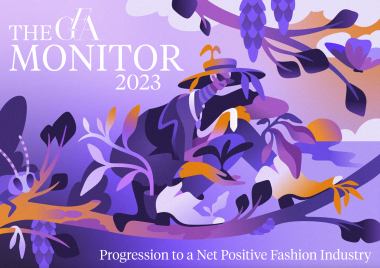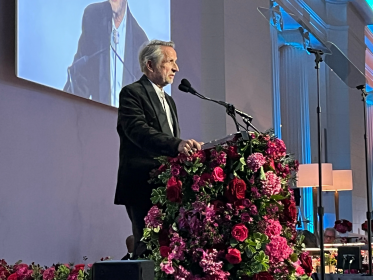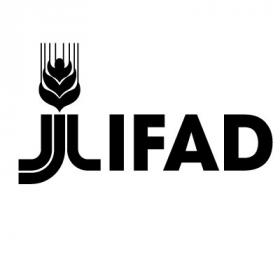Denim Expert's Goal: 100% wastewater recycling
The announcement of a new effluent treatment plant (ETP) marks a milestone in Denim Expert's journey towards sustainability. This upcoming facility is a testament to the company's dedication to reducing its ecological footprint and safeguarding local ecosystems through advanced water management techniques.
The new Effluent Treatment Plant (ETP) being developed by Denim Expert strives for 100% wastewater recycling. As the ETP rises from concept to reality, Denim Expert embarks on a transition towards its next horizon: aligning with the Zero Discharge of Hazardous Chemicals (ZDHC) Wastewater Guidelines Version 2.0.
Denim Expert's proactive approach to sustainability has been recognized on a global scale. The company has been named 'New Champion' by the World Economic Forum and has partnered with organizations such as the Sustainable Apparel Coalition (SAC), the United Nations Framework Convention on Climate Change (UNFCCC), and the Ellen MacArthur Foundation's Jeans Redesign program. As one of the first factories to join the Partnership for Cleaner Textile (PaCT) and in the process of implementing the 3E program, Denim Expert is dedicated to achieving 100% water reuse and full reliance on solar energy, further solidifying its commitment to driving positive environmental change.
Denim Expert Ltd. Recycling wastewater treatment technologies Denim Sustainability
Denim Expert Ltd.
























